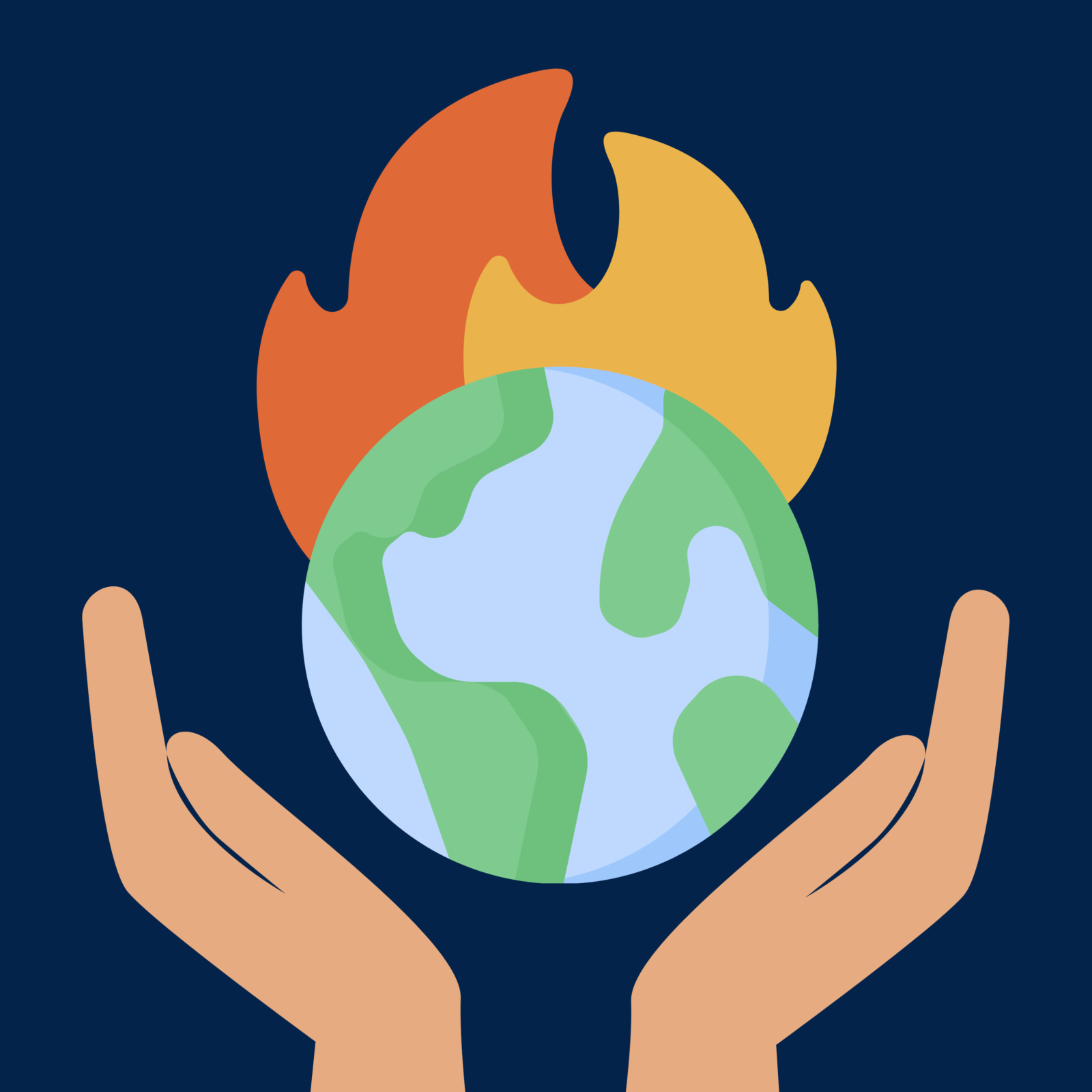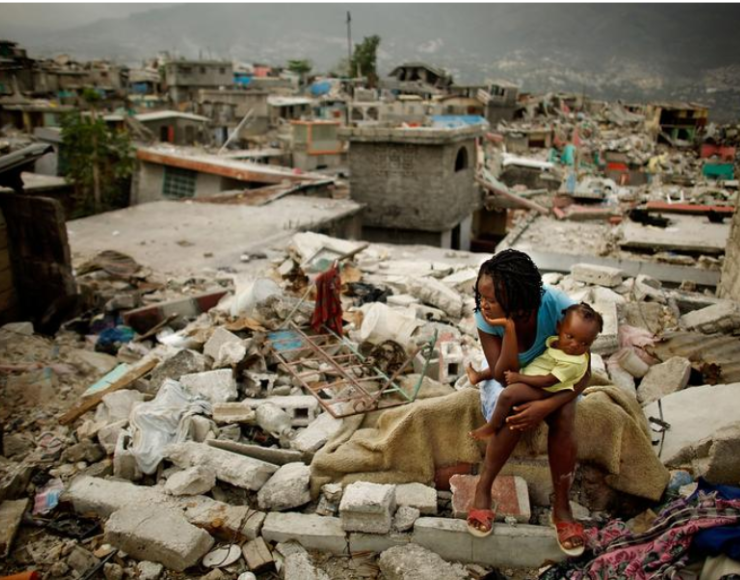Climate Crisis Affects the World

For the past few years, Earth’s escalating climate crisis has devastated the natural landscape with environmental disasters and rising sea levels. The United Nations believes that these tragedies are occuring at an even faster rate than scientists have presumed. Countries around the world have been facing the consequences of this intensifying climate crisis.
In Japan and Washington D.C., cherry blossom trees have begun blooming earlier. This occurrence is believed to be caused by an increase in temperatures, which is causing seasons to arrive earlier. GreenMatters, an organization dedicated to fighting the climate crisis, found that the “pollen season” when plants begin blooming has been occurring 20 days earlier than in 1990, and temperatures have been increasing by 1.1 degrees Celsius per century. This means that annual events such as the National Cherry Blossom Festival have been pushed forward in Washington D.C.
Various countries have suffered from extreme weather conditions as well. In 2020, India and Bangladesh were hit by a damaging cyclone, while the Philippines experienced the most intense cyclone to reach land. Africa faced severe flooding, while the United States was scorched by some of the largest wildfires. In a 2020 UN climate report, it was determined that 80% of oceans had encountered at least one heat wave affecting marine life. In Australia, record-breaking heat waves led to agricultural difficulties and an increase in death rates from heat stroke.
Currently, many of these countries are still working on improving their conditions, but poorer places are left more vulnerable than before. While some countries such as South Korea and the United States have promised to provide more funds to battle the climate crisis and reduce carbon emissions, other countries such as those in Africa are facing extreme weather, poverty, and now debts for money borrowed to recover from damage to their communities. Areas in rural Alaska are suffering from water shortages caused by thawing permafrost that is
breaking water pipes. Land movement is also allowing salt water to pollute the freshwater that many indigenous Alaskans rely on, leaving civilians weak and suffering from psychological trauma. As people that not only rely on water for their physical well-being but also their culture, Alaskans have been forced to adapt to these life changing situations.
As the world continues to struggle with the effects of the climate crisis everyday, people and communities are working together to share their stories and rebuild their lives.
Anusri is a former staff writer for The Talon. In her free time she likes listening to music and taking walks. She hopes to major in biology or chemistry.
Nicole was the former Editor-in-Chief of The Talon. In her free time, she takes care of her two pet turtles. If you have any book recommendations, let her know.







